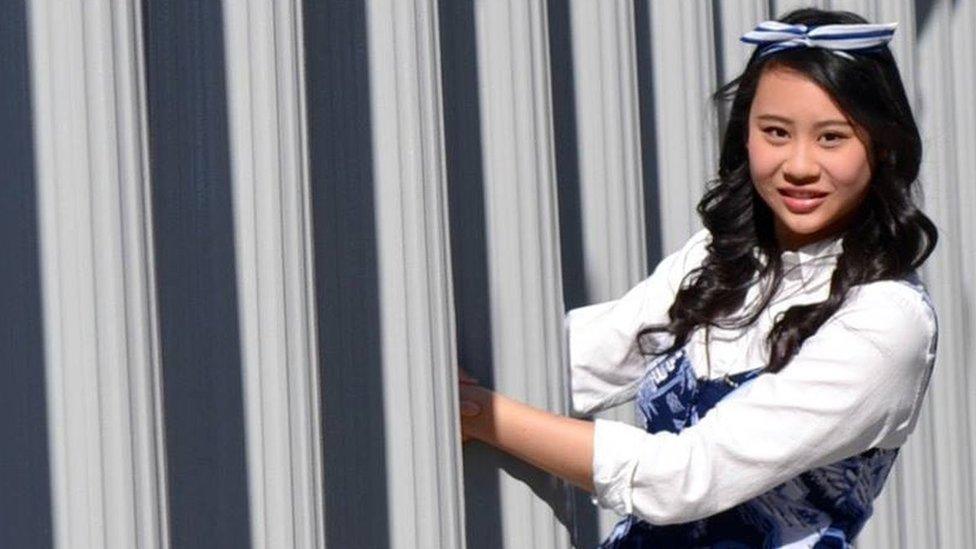Harvard University's 2017 intake 'majority non-white' for first time
- Published
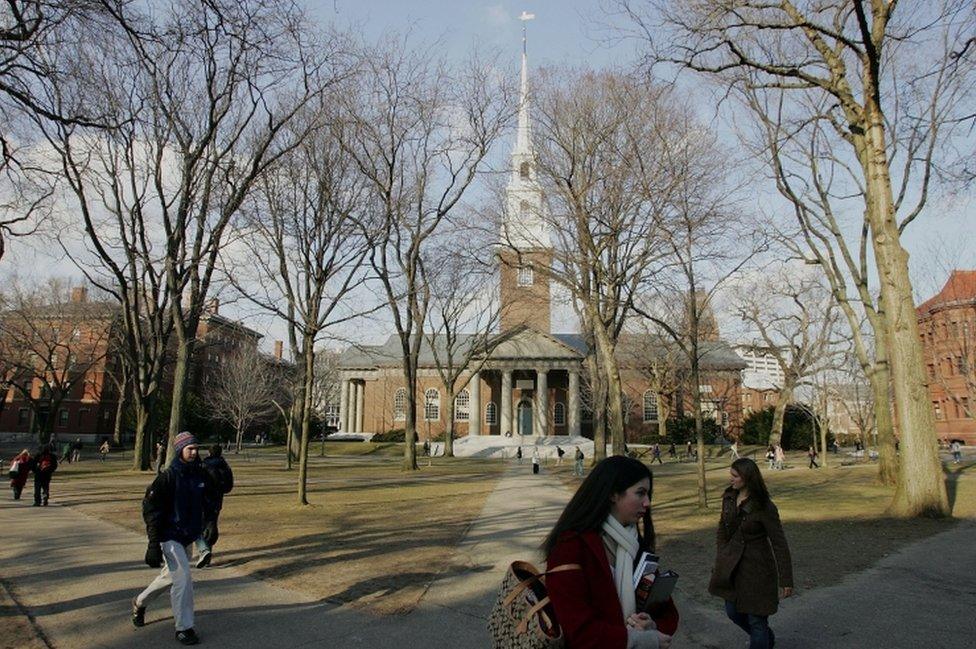
Harvard's next intake of students will be more non-white than white for the first time
More than half of Harvard University's next student intake will not be white, for the first time in its 380-year history, official figures show.
The varsity, which has educated more US presidents than any other, will take 50.8% of its freshmen from minority groups.
That compares to 47.3% last year.
Asian Americans make up 22.2%, followed by African Americans at 14.6%, Hispanic or Latino students at 11.6%, and Native American or Pacific Islanders at 2.5%.
The milestone figures, external come just days after Harvard was drawn into a row over affirmative action between the US justice department and the New York Times.
On 1 August, the paper claimed the justice department was preparing to sue campuses, external with affirmative action admissions policies, as it feels they are biased against white applicants.
It said resources from the department's civil rights division would be used for the legal action, citing an internal memo.
However, the justice department insisted it had no plans to investigate whether colleges pick their entrants based on race.
It said the document seen by the paper, which referred to "a new project on [...] intentional race-based discrimination" was actually about a 2015 complaint by a coalition of Asian-American groups.
The complaint accused Harvard and other Ivy League colleges of using quotas that keep out Asians with high test scores.
Rachael Dane, a spokesperson for Harvard, said the university was "committed to enrolling diverse classes of students".
"To become leaders in our diverse society, students must have the ability to work with people from different backgrounds, life experiences, and perspectives," she said.
"Harvard's admissions process considers each applicant as a whole person, and we review many factors, consistent with the legal standards established by the US Supreme Court."
The Supreme Court has outlawed the use of racial quotas in college admissions, but ruled that universities can consider race as part of a "holistic review" of applicants.
In the wake of a US Supreme Court decision over Michigan's affirmative action policies, the BBC takes a look at American public opinion on the issue.
Roger Clegg, president of the conservative Center for Equal Opportunity and a former top official in the justice department's civil rights division, told the BBC he felt affirmative action was outdated.
"I understand the visceral sense that African Americans have been treated badly in this country for a very long time, and right after we got rid of Jim Crow [segregation laws], it wasn't such a bad idea to give special consideration over someone who was a recent beneficiary of Jim Crow. But now we're in 2017. Jim Crow is long gone and we're talking about giving Latinos a preference over Asian Americans. What possible sense does that make?" he said.
An alternative view comes from Brenda Shum, director of the Educational Opportunities Project at the Lawyers' Committee for Civil Rights Under Law. She told the BBC that students of all colours benefited from a more diverse college experience.
"...We owe it to our students to provide them with integrated learning environments that are reflective of the world in which they're living," she argued.
Harvard student raps his thesis - and graduates with honours
- Published3 August 2017
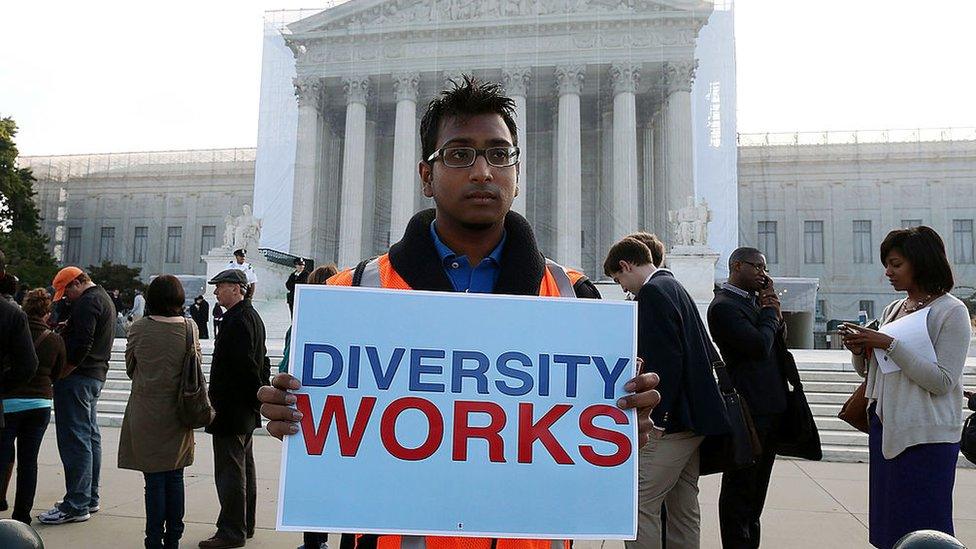
- Published6 June 2017
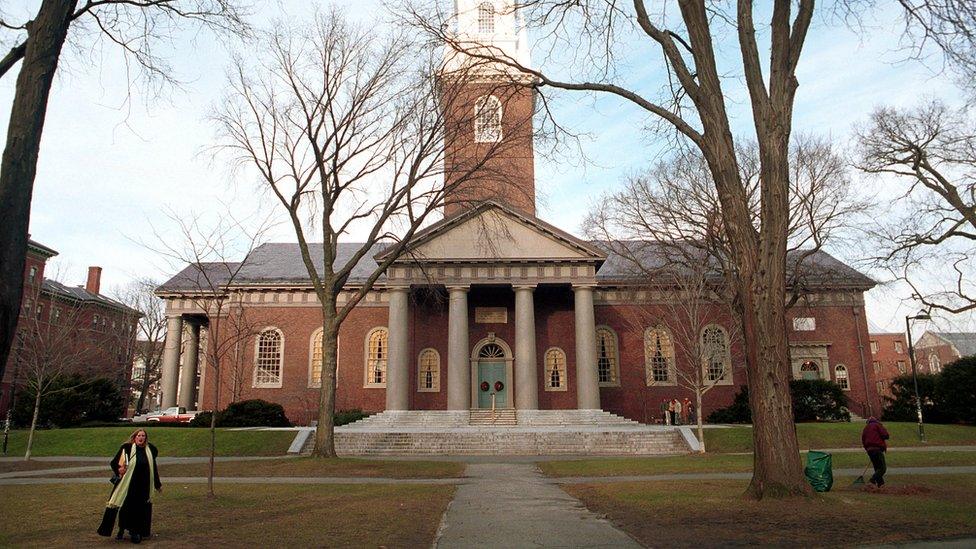
- Published24 May 2017
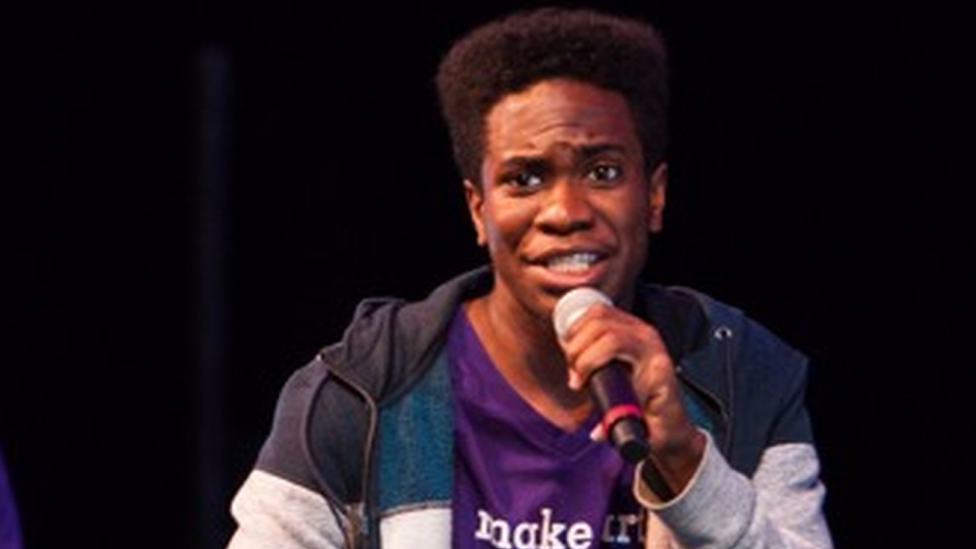
- Published16 May 2017
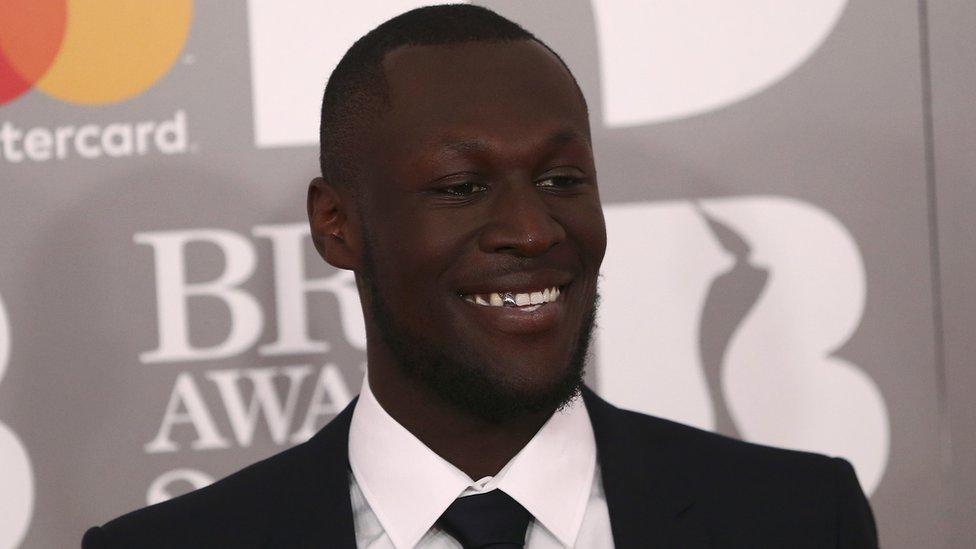
- Published13 April 2017
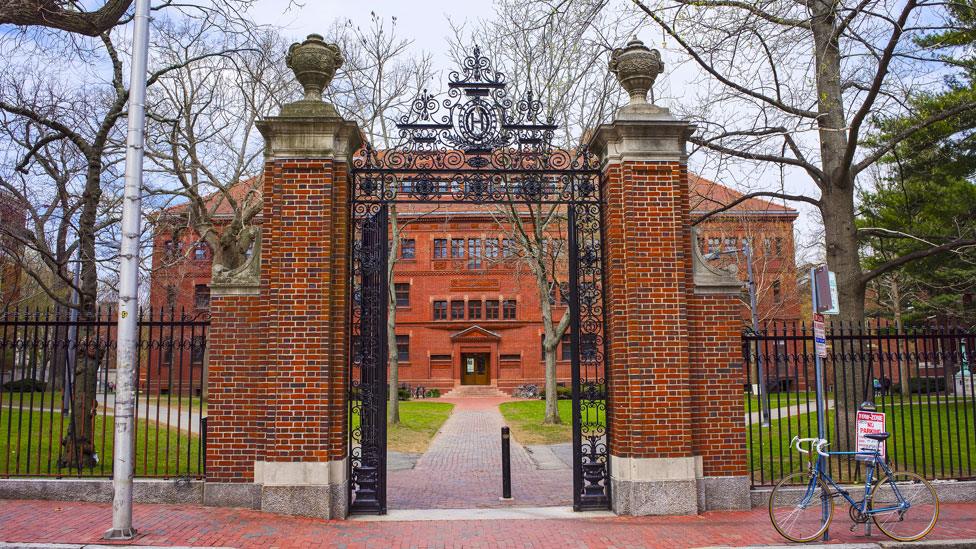
- Published12 April 2017
